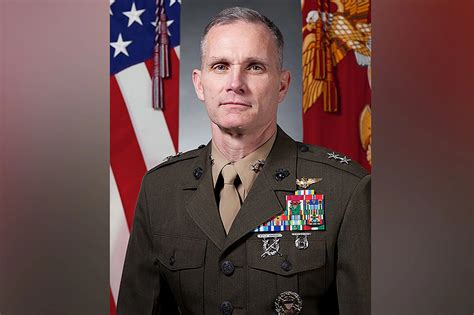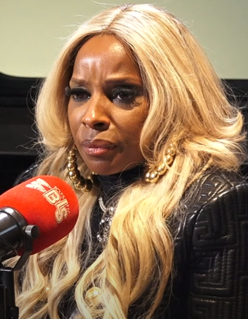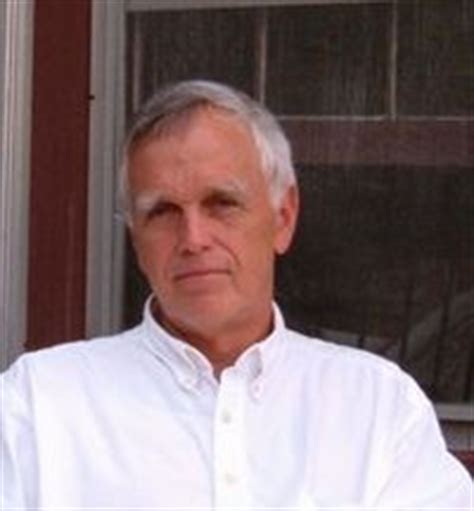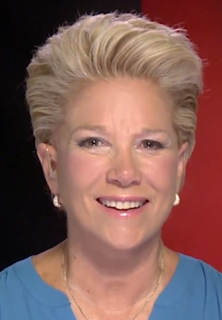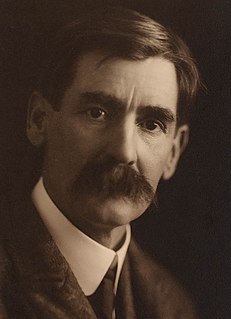A Quote by Brene Brown
My husband's a pediatrician, so he and I talk about parenting all the time. You can't raise children who have more shame resilience than you do.
Quote Topics
Related Quotes
The state is now more involved than it ever has been in the raising of children. And children are now more neglected, more abused and more mistreated than they have been in our time. This is not a coincidence. This is not a coincidence. And with all due respect, I am here to tell you it does not take a village to raise a child. It takes a family to raise a child.
A large part of parenting is about managing weariness and motivation. Much of the success of parenting is about avoiding the sins of "omission" as well as "commission." You can feed, clothe, and house your kids and not really parent them. When we raise kids for selfish reasons (to feel proud, to have people love us and appreciate us), if they disappoint us we'll pull back. But when we realize that God has called us to raise godly children and God is always worthy to be obeyed, we have a motivation that goes beyond our own pride and our own comfort.
The real questions for parents should be: "Are you engaged? Are you paying attention?" If so, plan to make lots of mistakes and bad decisions. Imperfect parenting moments turn into gifts as our children watch us try to figure out what went wrong and how we can do better next time. The mandate is not to be perfect and raise happy children. Perfection doesn't exist, and I've found what makes children happy doesn't always prepare them to be courageous, engaged adults.
And nothing inspires as much shame as being a parent. Children confront us with our paradoxes and hypocrisies, and we are exposed. You need to find an answer for every why — Why do we do this? Why don’t we do that? — and often there isn’t a good one. So you say, simply, because. Or you tell a story that you know isn’t true. And whether or not your face reddens, you blush. The shame of parenthood — which is a good shame — is that we want our children to be more whole than we are, to have satisfactory answers.




